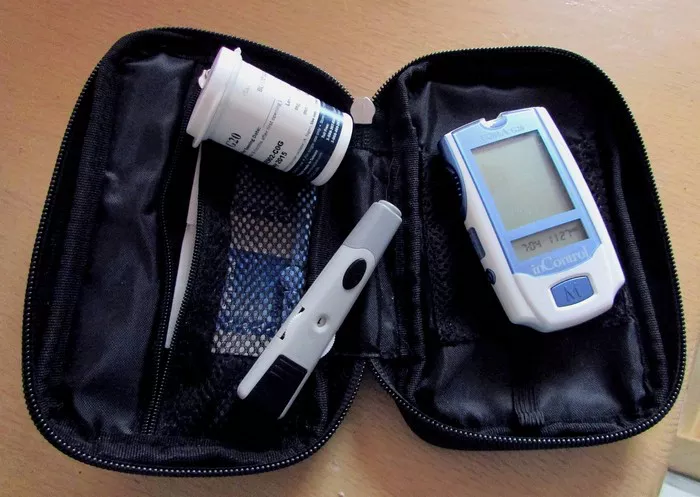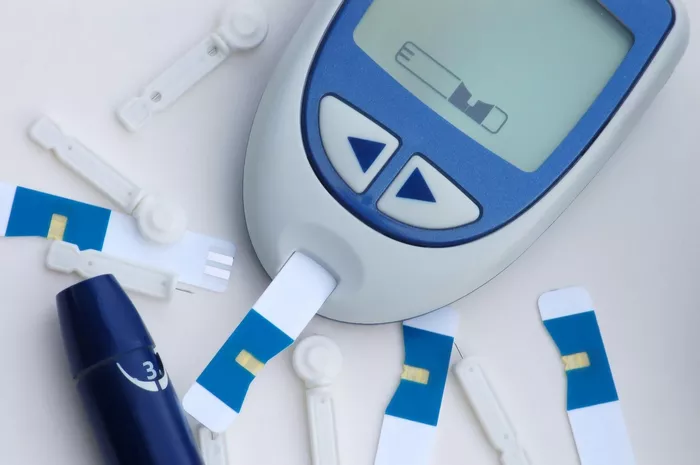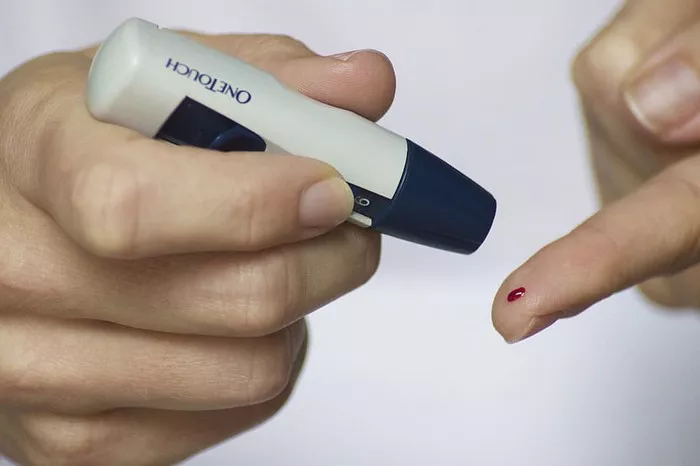Demystifying Blood Glucose Ranges and Their Implications for Health
Monitoring blood glucose levels is a cornerstone of diabetes management and overall health. Blood sugar levels, measured in milligrams per deciliter (mg/dL), provide crucial information about an individual’s metabolic state. Understanding what constitutes normal blood sugar levels is essential for both individuals with diabetes and those aiming to maintain optimal health. This article delves into the normal ranges of blood glucose, the significance of these levels, factors influencing them, and strategies for maintaining healthy glucose levels.
Normal Blood Sugar Levels: An Overview
Fasting Blood Sugar Levels
Fasting blood sugar levels are measured after an individual has not eaten for at least 8 hours. For most adults, a normal fasting blood sugar level falls between 70 and 99 mg/dL. These levels provide a baseline for assessing how the body manages blood glucose without the immediate influence of food intake.
Postprandial Blood Sugar Levels
Postprandial blood sugar levels are measured approximately 1-2 hours after eating. A normal postprandial level is typically less than 140 mg/dL. These levels indicate how efficiently the body processes glucose following a meal.
Random Blood Sugar Levels
Random blood sugar tests can be conducted at any time, regardless of the last meal. Normal random blood sugar levels are typically under 140 mg/dL. This measure helps assess glucose regulation throughout the day.
Hemoglobin A1c (HbA1c)
Hemoglobin A1c (HbA1c) provides an average blood glucose level over the past 2-3 months. A normal HbA1c level is below 5.7%. This test is crucial for understanding long-term blood sugar control.
Factors Influencing Blood Sugar Levels
Diet and Nutrition
The types of food consumed significantly impact blood sugar levels. Carbohydrates, particularly simple sugars, have a direct and rapid effect on blood glucose. Proteins and fats have a more gradual impact. A balanced diet that moderates carbohydrate intake is essential for maintaining normal blood sugar levels.
Physical Activity
Physical activity increases insulin sensitivity, allowing cells to use glucose more effectively. Regular exercise helps lower blood sugar levels and enhances overall metabolic health. Both aerobic and resistance training exercises contribute to better glucose regulation.
Hormonal Fluctuations
Various hormones, including insulin and glucagon, play crucial roles in regulating blood sugar levels. Insulin lowers blood glucose by facilitating cellular uptake, while glucagon raises blood glucose by signaling the liver to release stored glucose. Other hormones, such as cortisol and adrenaline, can also influence blood sugar, particularly during stress.
Medications
Certain medications can affect blood sugar levels. For example, corticosteroids can raise blood glucose, while insulin and oral hypoglycemic agents lower it. Understanding the effects of medications is vital for individuals managing diabetes or other conditions influencing glucose metabolism.
Stress
Psychological stress triggers the release of stress hormones like cortisol and adrenaline, which can increase blood sugar levels. Managing stress through relaxation techniques, mindfulness, and adequate sleep is important for maintaining normal glucose levels.
Illness and Infection
Illness and infections can cause blood sugar levels to rise due to increased metabolic demand and the release of stress hormones. Monitoring blood sugar closely during periods of illness is crucial for effective management.
The Importance of Maintaining Normal Blood Sugar Levels
Preventing Diabetes
Maintaining normal blood sugar levels is key to preventing type 2 diabetes. Elevated blood sugar levels over time can lead to insulin resistance, a precursor to diabetes. Lifestyle modifications, such as a healthy diet and regular exercise, are effective in preventing the onset of diabetes.
Reducing Complications
For individuals with diabetes, keeping blood sugar levels within the target range is vital to reduce the risk of complications. Chronic high blood sugar can lead to complications such as cardiovascular disease, neuropathy, retinopathy, and kidney disease. Effective blood sugar management helps mitigate these risks.
Enhancing Quality of Life
Stable blood sugar levels contribute to overall well-being. Fluctuating blood sugar can cause symptoms such as fatigue, headaches, and mood swings. Maintaining normal levels promotes better energy levels, mood stability, and cognitive function.
Strategies for Maintaining Normal Blood Sugar Levels
Healthy Eating Patterns
Adopting a balanced diet that includes whole grains, lean proteins, healthy fats, and a variety of vegetables and fruits is fundamental for blood sugar control. Limiting refined sugars and processed foods helps prevent spikes in blood glucose.
Regular Physical Activity
Engaging in regular physical activity, such as brisk walking, cycling, or swimming, helps maintain normal blood sugar levels. Combining aerobic exercise with strength training is particularly beneficial.
Monitoring Blood Sugar Levels
Regular monitoring of blood sugar levels provides valuable feedback on how diet, exercise, and medications affect glucose control. Self-monitoring allows for timely adjustments to maintain target levels.
Medication Management
For individuals with diabetes, adhering to prescribed medication regimens is crucial. Understanding how different medications work and their effects on blood sugar helps optimize treatment plans.
Stress Management
Incorporating stress-reducing activities, such as yoga, meditation, and deep breathing exercises, can help stabilize blood sugar levels. Adequate sleep and proper time management also contribute to stress reduction.
Regular Health Check-ups
Routine check-ups with healthcare providers ensure that blood sugar levels are within the desired range and that any complications are detected early. Regular monitoring of HbA1c provides a comprehensive view of long-term blood sugar control.
Conclusion
Understanding and maintaining normal blood sugar levels is a vital aspect of health management. Normal fasting blood sugar levels range between 70 and 99 mg/dL, while postprandial levels should be less than 140 mg/dL. Various factors, including diet, physical activity, stress, and medications, influence blood glucose levels. Maintaining these levels within the normal range is essential for preventing diabetes, reducing complications, and enhancing quality of life. Through balanced eating, regular exercise, stress management, and proper medical care, individuals can achieve and maintain optimal blood sugar control. By prioritizing these strategies, we can support overall health and well-being.
Related topics:
What is the Best Blood Sugar Meter?
The Optimal Fasting Blood Sugar Level: Insights and Recommendations
What Is The Optimal Blood Sugar Level


























